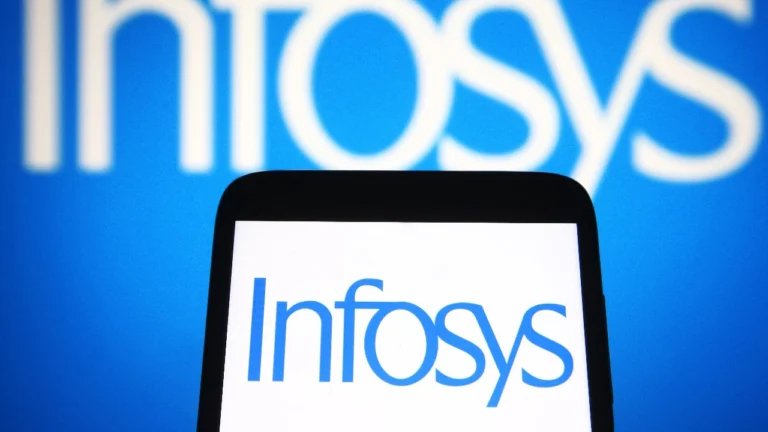Conflict Management interviews assess how well a candidate can adapt to workplace conflicts. This can be beneficial for leadership and mediating positions. Positions that require working alongside a large team also require conflict resolution.
The examples listed below focus on specific skills to be evaluated. They can be changed based on the responses and how you want to assess the candidates.
Question 1: Tell me about a time when you identified the root cause of a conflict in your team. How did you resolve it?
To Assess: Analytical skills and problem-solving.
Sample Answer: “In one instance, two team members frequently clashed over workload distribution. After a discussion, I realized the issue stemmed from unclear role expectations. I redefined their responsibilities and facilitated team meetings for better communication. The conflict was resolved, and collaboration improved significantly.”
Question 2: Can you describe a time when you had to mediate a personal conflict between two colleagues?
To Assess: Mediation and emotional intelligence.
Sample Answer: “Two colleagues had personal disagreements affecting their work. I held separate discussions to understand their perspectives and then facilitated a neutral meeting. By focusing on shared goals, we agreed on communication norms. They eventually rebuilt their professional relationship.”
Question 3: Have you ever dealt with a situation where your team disagreed with management decisions? How did you handle it?
To Assess: Diplomacy and alignment.
Sample Answer: “During a policy change, my team felt unheard. I acted as a bridge, explaining the leadership’s rationale while voicing the team’s concerns. Management made minor adjustments, and I worked with the team to adapt to the changes. This approach maintained trust on both sides.”
Question 4: Share an example of how you prevented a conflict from escalating further.
To Assess: Proactiveness and de-escalation.
Sample Answer: “I noticed rising tension between departments over shared resources. I organized a meeting to address the concerns early, clarified priorities, and implemented a resource-sharing schedule. This avoided further misunderstandings and improved collaboration.”
Question 5: Tell me about a time when you resolved a conflict between two different teams or departments.
To Assess: Collaboration and negotiation.
Sample Answer: “The sales and operations teams disagreed on delivery timelines. I brought both teams together to identify pain points, encouraged open communication, and facilitated a compromise by setting realistic deadlines. This resolved the tension and streamlined workflows.”
Question 6: Describe a time when you disagreed with your manager. How did you address it?
To Assess: Communication and respect.
Sample Answer: “I disagreed with my manager’s approach to prioritizing projects. I scheduled a one-on-one, presented data to support my perspective, and proposed alternatives. My manager appreciated the constructive input, and we implemented a hybrid approach that worked better for the team.”
Question 7: Have you ever handled a conflict with a dissatisfied customer? What was the outcome?
To Assess: Customer service and diplomacy.
Sample Answer: “A customer was upset about a delayed delivery. I listened to their concerns, explained the reasons, and offered a discount as a goodwill gesture. I ensured faster delivery for their next order. They appreciated the resolution and continued their partnership with us.”
Question 8: How have you balanced being assertive and empathetic in resolving workplace conflicts?
To Assess: Emotional intelligence and assertiveness.
Sample Answer: “In a conflict over overtime assignments, I empathized with the employee’s concerns about work-life balance while asserting the importance of meeting deadlines. I offered flexible scheduling for future tasks while ensuring the current project was completed on time.”
Question 9: What steps do you take when a conflict remains unresolved despite your efforts?
To Assess: Persistence and escalation.
Sample Answer: “In one case, a conflict couldn’t be resolved at my level. After exhausting all options, I escalated the issue to HR with a detailed account of the issue and recommendations for resolution. This led to a structured intervention, resolving the conflict effectively.”
Question 10: How have you fostered a culture that minimizes conflicts within your team?
To Assess: Leadership and culture-building.
Sample Answer: “I promote open communication through regular team meetings and one-on-ones. By setting clear expectations and encouraging feedback, conflicts are addressed early. A recent team survey showed a 90% satisfaction rate with our communication practices.”




